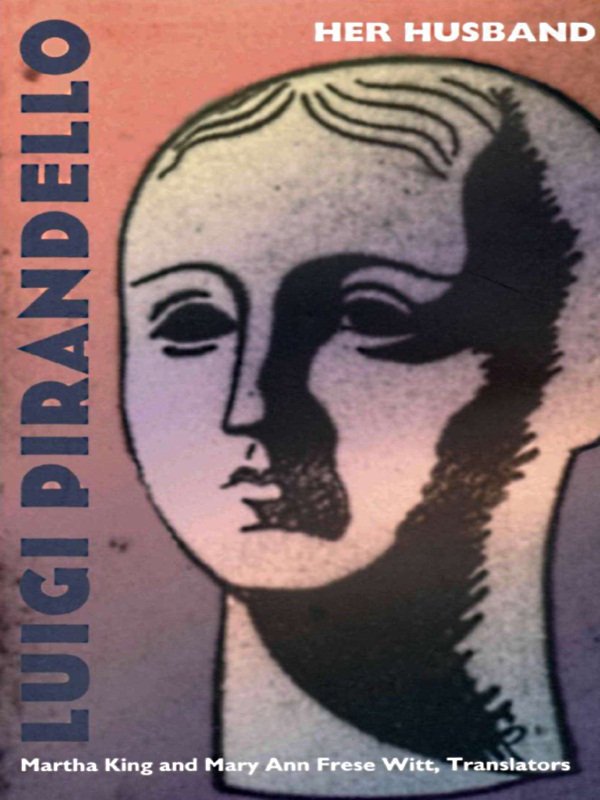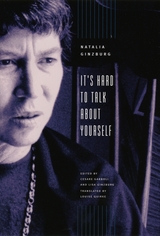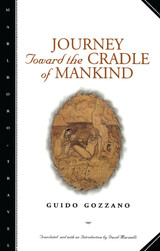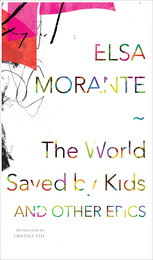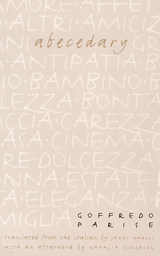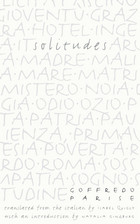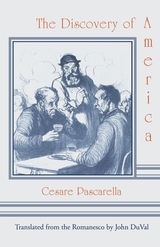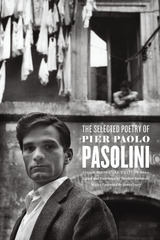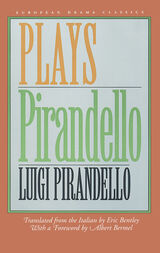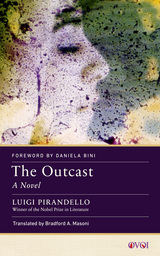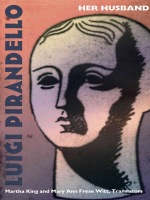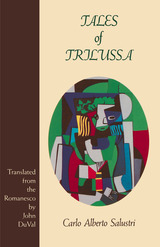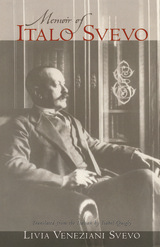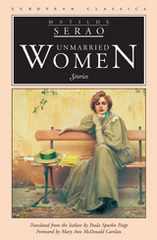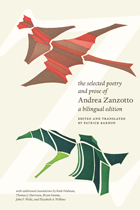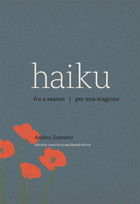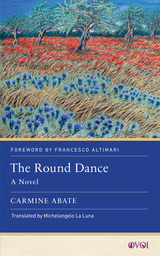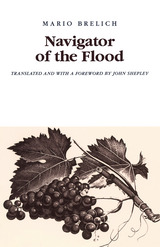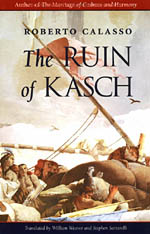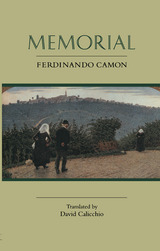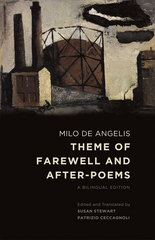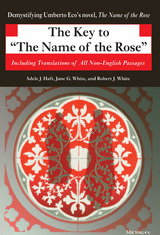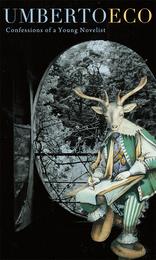Her Husband
Duke University Press, 2000
eISBN: 978-0-8223-9694-9 | Cloth: 978-0-8223-2600-7
Library of Congress Classification PQ4835.I7S7713 2000
Dewey Decimal Classification 853.912
eISBN: 978-0-8223-9694-9 | Cloth: 978-0-8223-2600-7
Library of Congress Classification PQ4835.I7S7713 2000
Dewey Decimal Classification 853.912
ABOUT THIS BOOK | AUTHOR BIOGRAPHY | REVIEWS | TOC | REQUEST ACCESSIBLE FILE
ABOUT THIS BOOK
One of the twentieth century’s greatest literary artists and winner of the Nobel prize in 1934, Luigi Pirandello wrote the novel Her Husband in 1911, before he produced any of the well-known plays with which his name is most often associated today. Her Husband—translated here for the first time into English—is a profoundly entertaining work, by turns funny, bitingly satirical, and tinged with anguish. As important as any of the other works in Pirandello’s oeuvre, it portrays the complexities of male/female relations in the context of a newly emerging, small but vocal Italian feminist movement.
Evoking in vivid detail the literary world in Rome at the turn of the century, Her Husband tells the story of Silvia Roncella, a talented young female writer, and her husband Giustino Boggiolo. The novel opens with their arrival in Rome after having left their provincial southern Italian hometown following the success of Silvia’s first novel, the rather humorously titled House of Dwarves. As his wife’s self-appointed (and self-important) promoter, protector, counselor, and manager, Giustino becomes the primary target of Pirandello’s satire. But the couple’s relationship—and their dual career—is also complicated by a lively supporting cast of characters, including literary bohemians with avant-garde pretensions and would-be aristocratic esthetes who are all too aware of the newly acquired power of journalists and the publishing establishment to make or break their careers. Having based many of the characters—including Silvia and Giustino—on actual literary acquaintances of his, Pirandello reacted to the novel’s controversial reception by not allowing it to be reprinted after the first printing sold out. Not until after his death were copies again made available in Italy.
Readers will find Her Husband eerily evocative of the present in myriad ways—not the least of which is contemporary society’s ongoing transformation wrought by the changing roles of men and women, wives and husbands.
Evoking in vivid detail the literary world in Rome at the turn of the century, Her Husband tells the story of Silvia Roncella, a talented young female writer, and her husband Giustino Boggiolo. The novel opens with their arrival in Rome after having left their provincial southern Italian hometown following the success of Silvia’s first novel, the rather humorously titled House of Dwarves. As his wife’s self-appointed (and self-important) promoter, protector, counselor, and manager, Giustino becomes the primary target of Pirandello’s satire. But the couple’s relationship—and their dual career—is also complicated by a lively supporting cast of characters, including literary bohemians with avant-garde pretensions and would-be aristocratic esthetes who are all too aware of the newly acquired power of journalists and the publishing establishment to make or break their careers. Having based many of the characters—including Silvia and Giustino—on actual literary acquaintances of his, Pirandello reacted to the novel’s controversial reception by not allowing it to be reprinted after the first printing sold out. Not until after his death were copies again made available in Italy.
Readers will find Her Husband eerily evocative of the present in myriad ways—not the least of which is contemporary society’s ongoing transformation wrought by the changing roles of men and women, wives and husbands.
See other books on: Domestic fiction | King, Martha | Man-woman relationships | Pirandello, Luigi | Rome (Italy)
See other titles from Duke University Press
